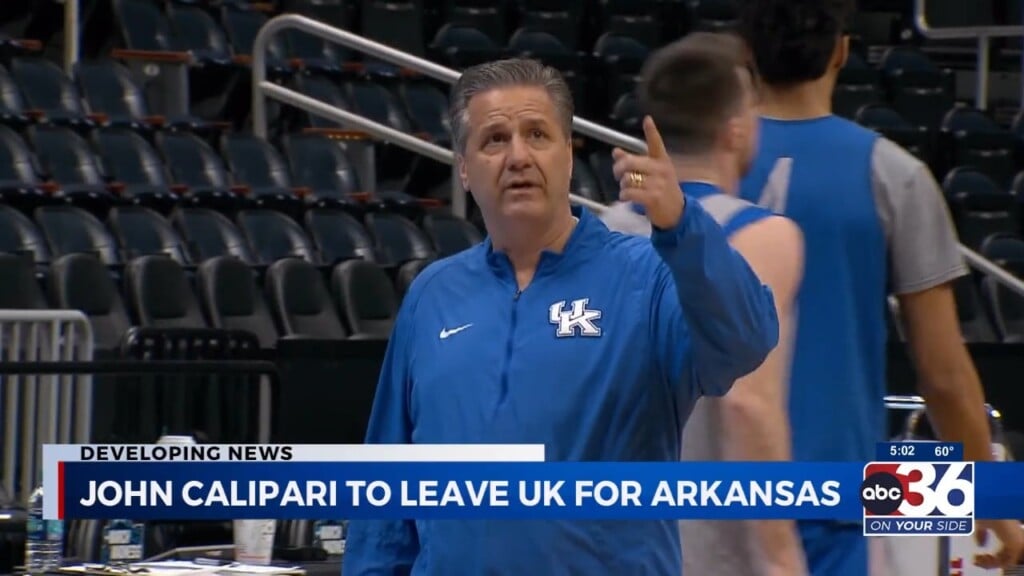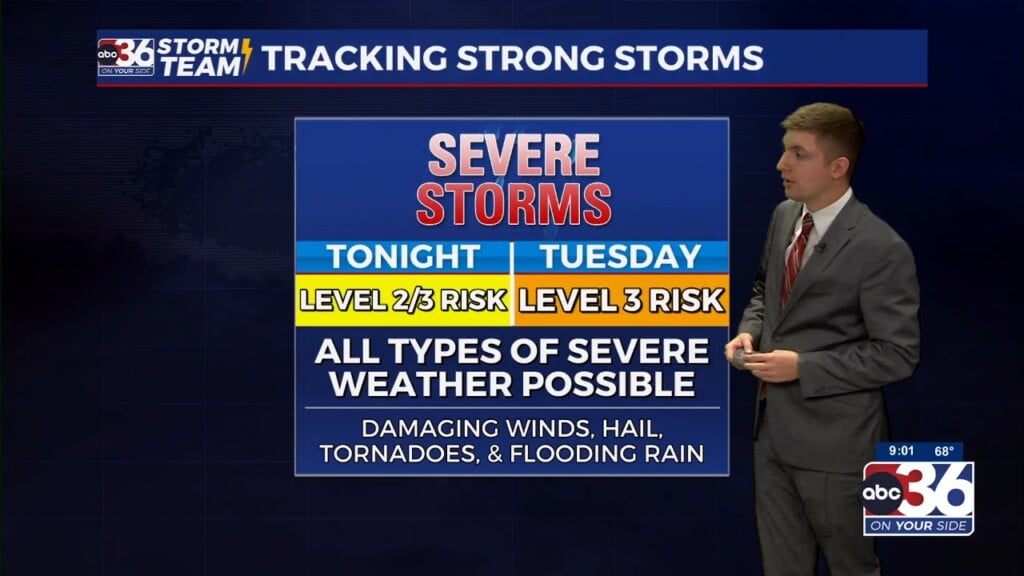As COVID-19 restrictions ease, “100 Deadliest Days” begin for nation’s teens
LEXINGTON, Ky. (AAA/WTVQ) – As Kentucky mourns the loss of two Lexington teens killed in a Scott County crash earlier this week, AAA reminds that the period between Memorial Day and Labor Day are particularly dangerous for teen drivers.
More than 7,000 people died nationwide in crashes involving teen drivers from 2010 to 2019 during the “100 Deadliest Days,” the period between Memorial Day and Labor Day. That’s more than seven people a day each summer, compared to the rest of the year, when the average is six fatalities a day.
The combination of schools closed for the summer, teens commuting to summer jobs and activities, and the lifting of COVID-19 restrictions, could prove deadly as teens take to the road this summer.
AAA recommends parents take time now to both model safe driving behaviors and help ensure their teens practice them as well.
“There are more daily deaths in crashes involving teen drivers during the summer months than the rest of the year because teens tend to have more unstructured time behind the wheel,” said Lori Weaver Hawkins, manager of public and government affairs for AAA Blue Grass. “So, what can be done? We can encourage teens to double down on staying focused and avoiding distractions when driving, buckling up for every ride, and driving within posted speed limits. Parents should also talk to their teens about the dangers of impaired driving.”
In Kentucky:
- Nearly 140 people were killed in crashes involving teen drivers in the Commonwealth during the “100 Deadliest Days” from 2010 to 2019.
- There were 126 teen drivers involved in fatal crashes in Kentucky during the “100 Deadliest Days” from 2010 to 2019.
Due to their inexperience, teen drivers are at a higher risk of crashes. According to the AAA Foundation 2019 Traffic Safety Culture Index, about 72% of teen drivers aged 16-18 admitted to having engaged in at least one of the following risky behaviors in the past 30 days:
- Driving 10 mph over the speed limit on a residential street (47%)
- Driving 15 mph over the speed limit on a freeway (40%)
- Texting (35%)
- Red-light running (32%)
- Aggressive driving (31%)
- Drowsy driving (25%)
- Driving without a seatbelt (17%)
In addition to modeling safe driving behaviors and talking to their teens about factors that can contribute to the risk of a crash, parents should also consider having their teens complete a comprehensive driver education course to learn the rules of the road.
“Parents remain the best line of defense to keep everyone safe behind the wheel,” said Weaver Hawkins. “It’s never too soon to educate teens on the dangers of distracted driving, speeding, and the impairing effects of alcohol and marijuana. But parents can’t just tell teens about the dangers. They must also refrain from engaging in risky driving behaviors and ensure they are modeling good behavior.”
To keep roads safer this summer, AAA encourages parents to:
- Talk with teens early and often about abstaining from dangerous behavior behind the wheel, such as speeding, impairment and distracted driving.
- Teach by example, and minimize risky behavior when driving.
- Establish a parent-teen driving agreement that sets family rules for teen drivers.
- Conduct at least 60 hours of supervised practice driving with their teen, including 10 hours of night driving.
AAA suggests that summer is always a good time for adult drivers to practice safe driving behaviors with their teens. To support parents in conducting practice driving sessions, AAA provides a free four-page guide to help parents coach their teens on how to drive safely, “Coaching Your New Driver – An In-Car Guide for Parents.” This guide offers behind-the-wheel lesson plans, including various “DO’s and DON’Ts” to make the learning experience as helpful as possible.
AAA Teen Driver Website has a variety of tools to help prepare parents and teens for the dangerous summer driving season.
The online AAA StartSmart Parent Session also offers excellent resources for parents on how to become effective in-car coaches as well as advice on how to manage their teen’s overall driving privileges. Teens preparing for the responsibility of driving should enroll in a driver education program that teaches how to avoid driver distraction and other safety skills.




Leave a Reply